Anyone who follows Eddie Marsan on Twitter will know that he’s a politically conscious actor, an advocate for nuanced opinions, it’s a role that has recently taken him to debates at the Cambridge Union, and writing articles for the likes of The New European. It was therefore a pleasure to speak to him about Vice – a biopic of former US Vice President Dick Cheney (played by Christian Bale), for it allowed us the freedom to get into politics. Marsan discusses with us the misrepresentation of the working class on screen, and his role on social media. He also tells us about his variety as an actor, claiming he always worked harder for he lacked charisma. Well, Eddie, we’re inclined to disagree….
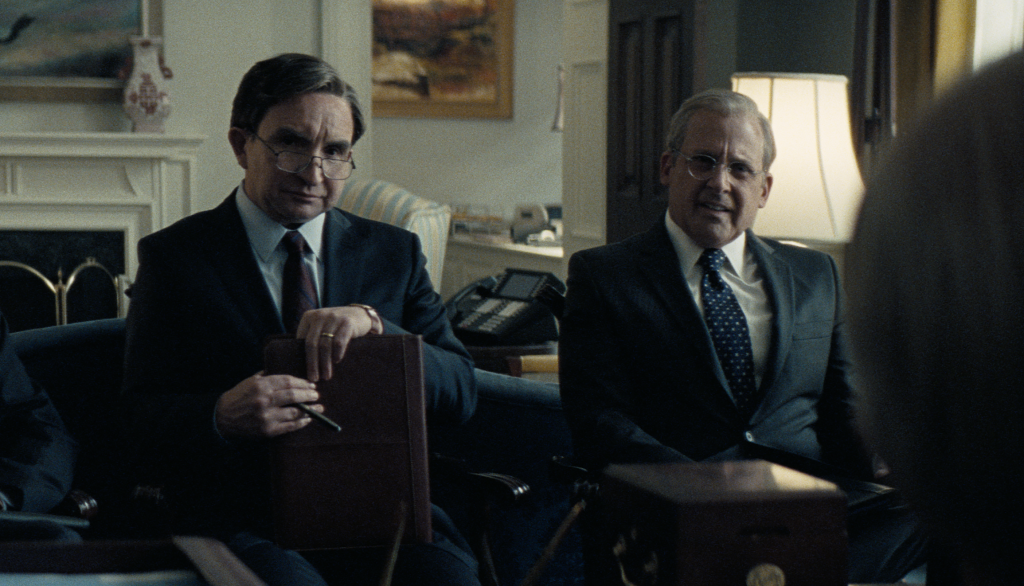
Dick Cheney did so much behind the scenes, and very little that we really knew about. How aware of his role in US politics were you before signing up to this project?
I did know about him, to a certain extent. I knew that he was a very powerful Vice President, which is usually a ceremonial role, but I knew that he was powerful. I knew his ideology, but I didn’t know as much as I did when we started filming. Adam McKay gave me a couple of books to read which I read and thoroughly enjoyed. I’m a politics nut anyway so I found it really fascinating.
Do you remember where you were when 9/11 happened?
Yeah I was rehearsing a play in the West End in London. We were doing a technical rehearsal and suddenly somebody had said that the first tower had gone down, and we all just went home, and I put on BBC news and I was watching it live. Terrifying.
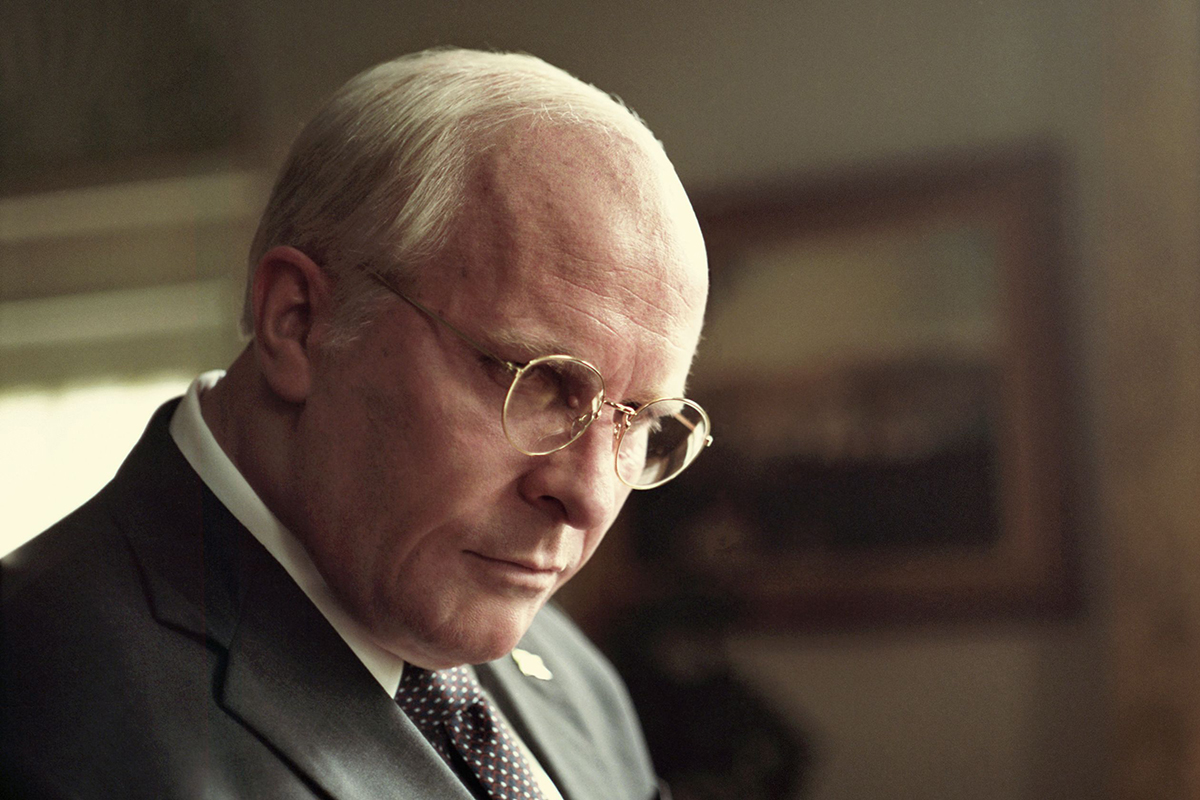
One of the profound elements to this film is the way we see the foundations being laid for today’s political landscape, and how this significant turn of events really dictated a lot of what has happened today, like Brexit and Trump. But how do you think politics have changed in this time, in the age social media? We now have world leaders now conversing on Twitter.
I think it was completely different in those days. One of the reasons there has been such a rise in populism is because the world is much smaller because of the interconnectedness which is increasing the speed of change. I think we’re faced with an unprecedented pace of change at the moment. It’s due to technological advancements and I think populism is a desire to hold on to very comforting narratives that we have of ourselves and our countries and our political and religious beliefs, and these narratives are being challenged every day by an ever decreasing world. The world is getting smaller, everybody used to know a cousin who was gay, or we knew someone two streets away who had gender dysphoria, but now because of the openness and the communication, it’s now in your immediate family, so you have to address it. People of colour, or people of a different culture were a continent away and therefore you could very easily live with a prejudicial view of them and it was never challenged. When they move next door to you you have to challenge that narrative, and as soon as you challenge your own narratives, you start to challenge your own idea of someone, and when people feel challenged by an ever increasing pace of change, they don’t want to challenge the narrative of themselves, it’s the only thing they’ve got. So they would rather hold on to this narrative than face reality, they would rather have simple lives than complex truths.
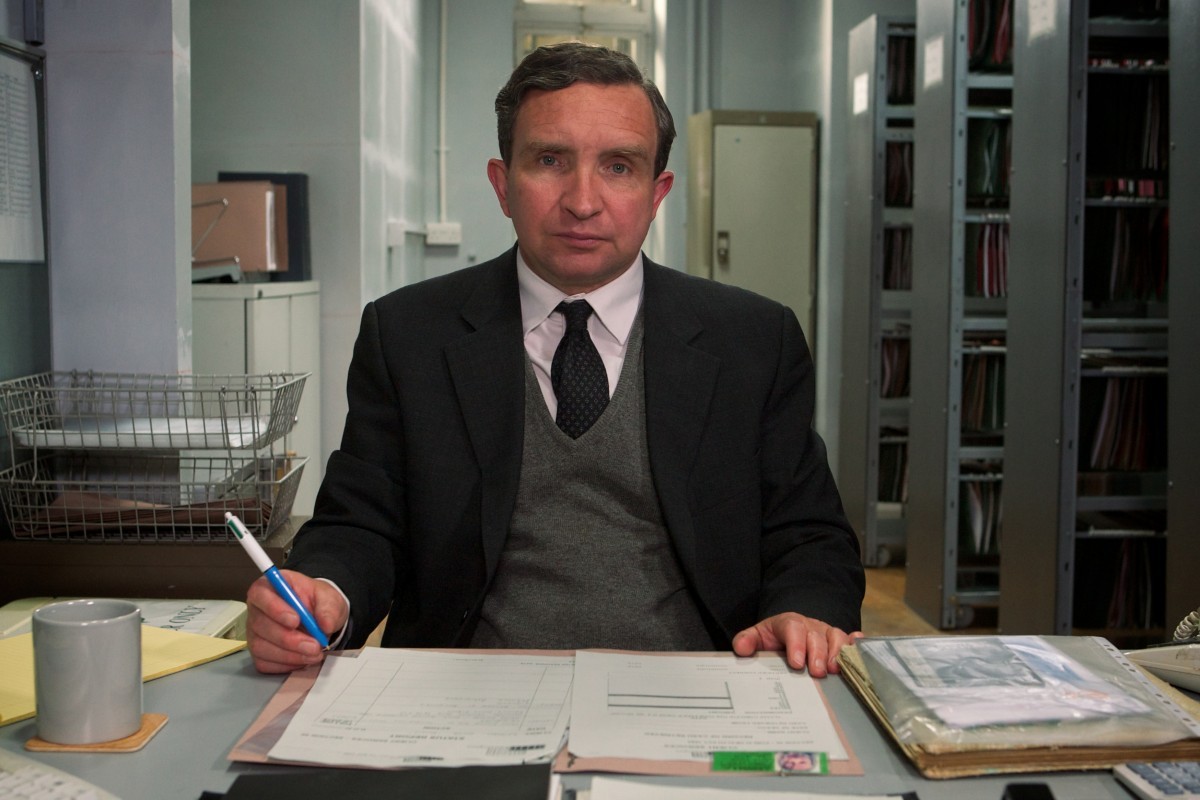
I read your article in the New European and you mentioned the narrative of the working class within the film industry. Has that changed much since you first started as an actor? Or are working class actors still facing that same issue?
Yeah they are, and probably more so. I’m not an advocate for the grammar school system, I’m not saying whether it works or not, but what the grammar school system did was give a lot of kids from a poor background the opportunity to have a career in producing that they now they don’t have. So what happens now is you have very well meaning, progressive minded filmmakers from a very privileged background making films about people from a poor background. Now even as well meaning as they may be, the danger is that you infantalise the working class, that we become two-dimensional characters in their view of us and our world. Invariably it will be an inaccurate portrayal. But it’s not only about class, it’s also about race. We need a Bengali kid from Tower Hamlets making a film about the Bengali community in Tower Hamlets, you need a young Nigerian filmmaker making a film about the Nigerian community in London. What you don’t need is a privileged, white filmmaker imposing his good intentions on those communities. That’s the danger. I’m not demonising them at all, because they’re very good people, it’s just the danger is that they’re once removed from reality.
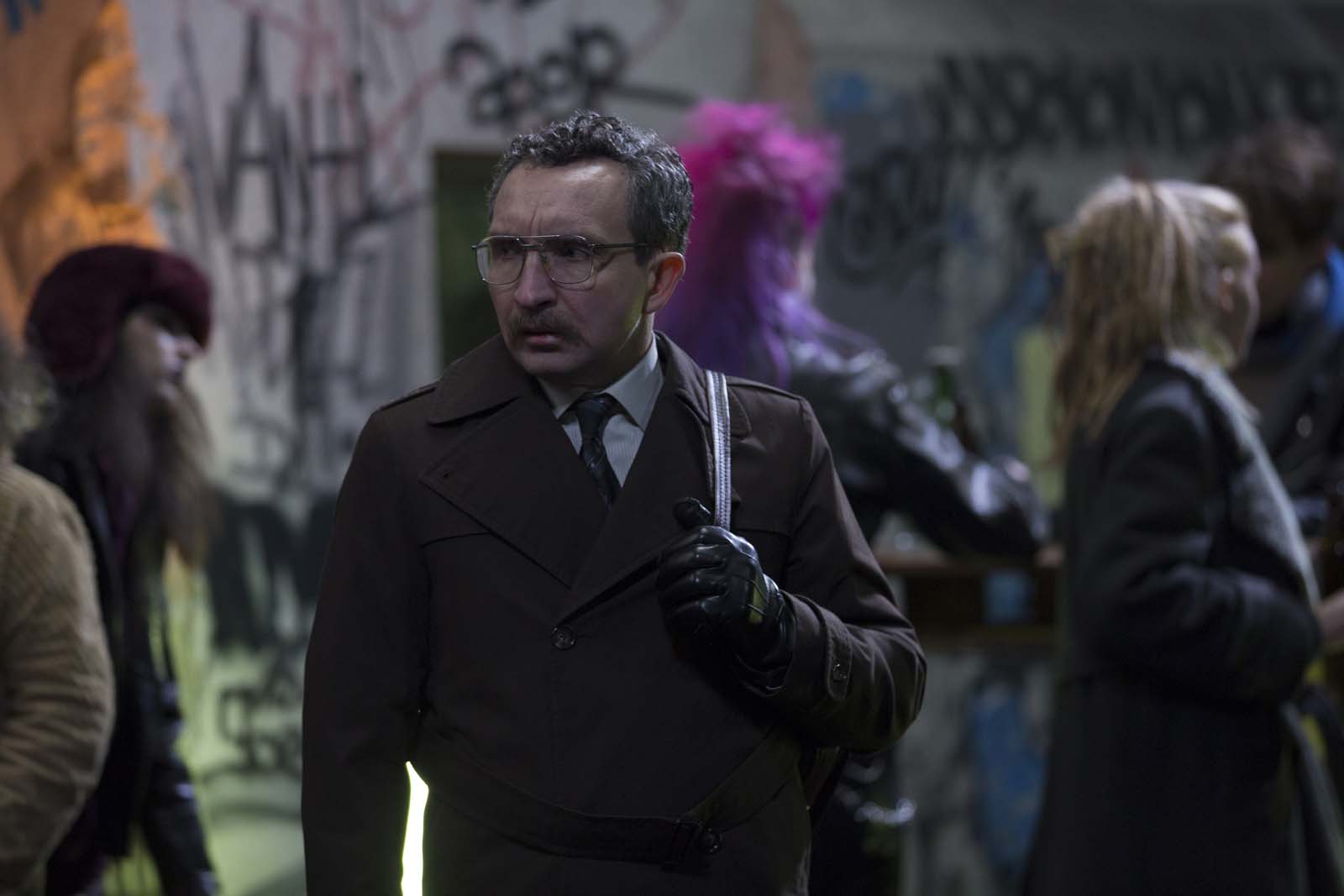
Does it frustrate you that people question your class identity as a result of your job? Because being an actor doesn’t suddenly change who you are, or mean you lose sight of your roots, does it?
Not at all. To be good at something doesn’t mean it disqualifies you from commenting. They have to define us, they have to define people within certain class systems and certain races, in order to deal with the complexity of the modern world. If anybody ever steps out of that definition, or transcends that definition in any way, people don’t like it. They don’t like it because they’ve created a narrative. The far right have created a narrative where they think that the working class can be quite lazy and not deserving of any facilities to which to fulfil their potential, and the far left think that the working class are passive victims of a capitalist system and that the only hope that they have is to have privileged socialists come in and help them. I don’t believe that. I’ve always voted Labour but I don’t believe that. I’ve grown up in the most multi-racial, multi-cultural area of London in Tower Hamlets, and it doesn’t hold true to my experience of the people I grew up with. The people I grew up with came from many different backgrounds, and many different religions, but there was as much potential and as much creativity and as much perseverance in those people, and as much laziness and greed and selfishness as anywhere else I’ve seen in the country. My job as an actor is to avoid simplicity and generalisations and I think anybody who holds on to ideologies, be it a left or right wing ideology, is indulging in simplicities.
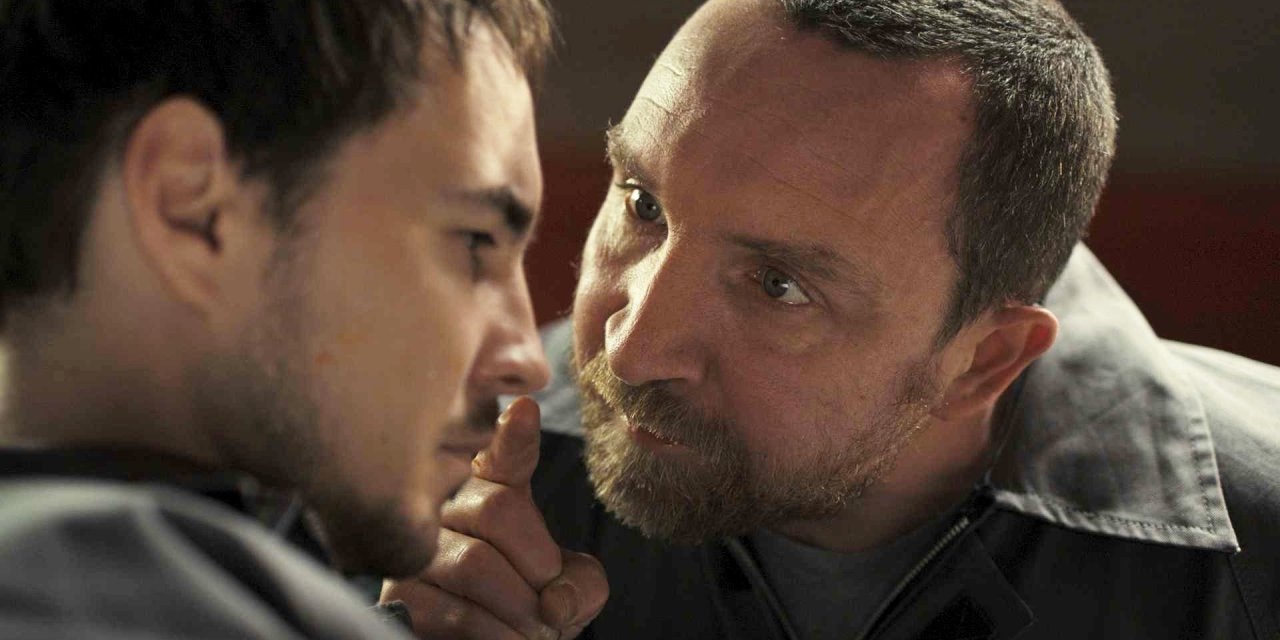
I was told off recently by my wife for being too politically outspoken on Twitter, she feared that prospective employers may go on my feed, disagree with what I have to say and perhaps think twice about commissioning me in the future. You’re very politically conscious online, and I was wondering if you’ve had similar thoughts, that it could have any impact on you from a career point of view?
I don’t worry about it, because the main obstacle for my career has always been people underestimating me. One of the main reasons why my career is in America rather than in the UK is because in the UK I am always asked to be an inarticulate working class character, and I’ve fought against that all my career, and one of the best things about my career in America is that it’s very diverse and they don’t see me like that. So I’e never thought that me being articulate within politics is a bad thing for me. I know that they have a preconceived idea of me, and what I should be, and it’s that I should be this working class actor, bit of a lad, bit of a boy, and I’ve never been like that. So actually me getting into debates with people on Twitter is challenging the preconceived idea of their view of me and my culture. Why should the only people representing my culture in the political forum be Tommy Robinson? Why? Why can’t you have someone like me? I left school at 15 with no qualifications, I was born in a council estate, so why can’t somebody like me be nuanced and articulate and curious and openminded? Why can’t I? Why can’t somebody like me challenge an antisemite? Why? I’m not Jewish, but why can’t I challenge an antisemite, or a racist? F*** ’em. [Laughs]
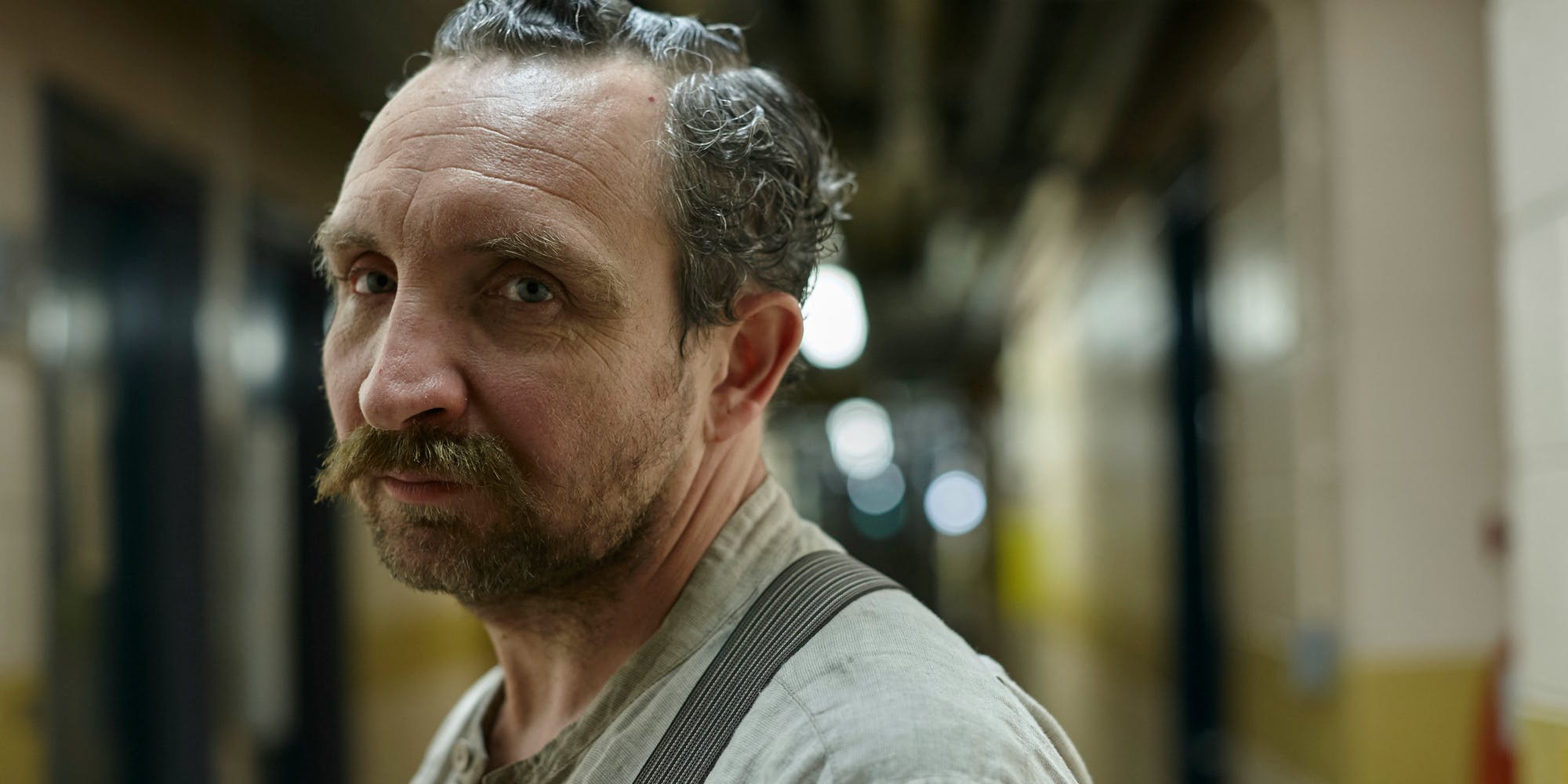
I wish more actors were as politically conscious. I was asking really whether it was something you had thought about it.
Yeah I know, and I have thought about it. But I’ll tell you what happened, I had a really amazing talk with a friend of mine, Wendell Pierce. I said to him, ‘Wendell, for years I’ve tried not to be defined as a working class actor’ and he told me off. He said, ‘Eddie, your job is not to not be defined as a working class actor, your job is to challenge their definition of what it means to be working class’. That was profound to me. That was really profound. So be the antidote, be the opposite.
With that in mind, there’s no such thing as an Eddie Marsan role, you do seem to move so seamlessly between genres and types of character. In a similar vein to the likes of Toby Jones or John C. Reilly, real character actors you can’t put into a box. Did it take you a while to establish as an actor of that variety?
It didn’t really take long. I was always that, even at drama school. I was never the lead at drama school. When someone else was playing the young romantic lead, I’d play the old man who came on at the end with gout or whatever, so I’ve always been that kind of actor. I always knew, very early on, that I wouldn’t make a success of myself as an actor by just being me because I don’t have that natural charisma. I don’t have that charisma where people would either want to be me, or women would want to sleep with me. I don’t have that. What I have is an ability to create other characters. I didn’t have that at first, it was something I had to learn. Toby is a really good friend of mine and we have amazing discussions about acting and the technical approach to acting and things, and I had to learn how to do it. My determination was my main attribute. It was a determination to be good at it. And I wasn’t good at it when I first started out, I had to learn how to be good at it, I had to be shown how to be good at it by people who were good at it.
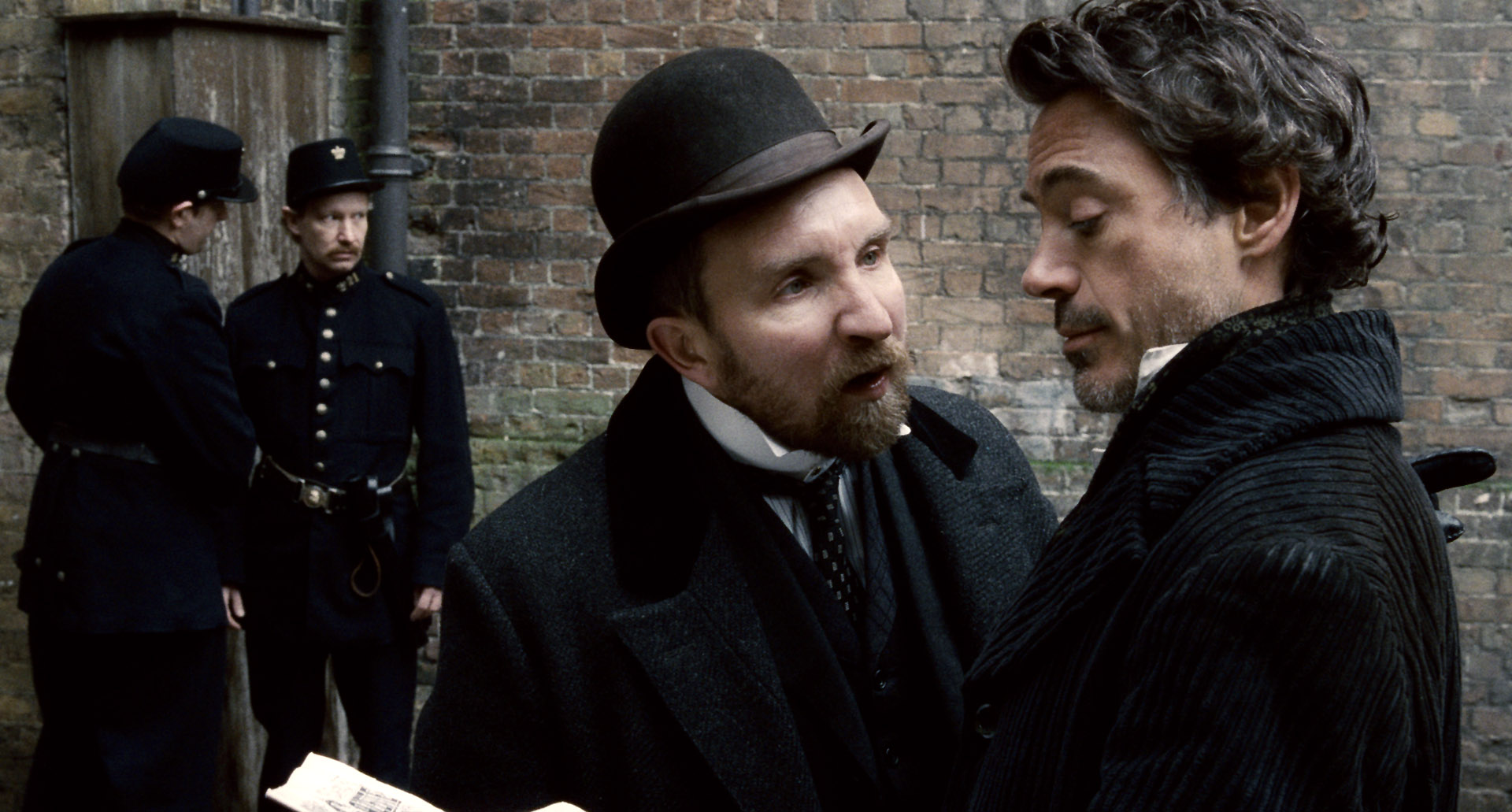
Talking of those who subvert expectations… there’s Christian Bale. When sharing the screen with him in Vice, which we should probably talk about, because he is unrecognisable to the viewer, did that physical transformation make it feel as though you were in the room with somebody else?
No I always felt I was in the room with him. I understood what he was doing in maintaining the physicality of Dick Cheney, I do it on Ray Donovan. I have great respect for him as an actor, he’s a brilliant actor. And I have a great respect because I understood what he was doing, and I could appreciate how hard he was working. But I always felt that I was with him. Perhaps more so because I understood what he was doing.
So we can see you soon in Hobbs & Shaw. Are you in a position yet to tell us about anything about character? And also how much fun did you have working on that with Dwayne Johnson, who I noticed had recently Tweeted about you?
Yeah it was lovely, but I don’t know if I’m in a position to mention who my character is, there’s an embargo on those things until they tell me, so I have to keep quiet about it. But it was lovely working with Jason Statham and Dwayne, and we just had a great time. Mainly because of David Leitch was directing it, and he’s a friend of mine who I did Deadpool with and Atomic Blonde, so there was a familiarity for me on set that I was very comfortable with. It was like working with an old friend really with David. He came to me and asked if I could do something with the character, and if I could help him with it, and I did. We usually come up with something special. I was very proud of the headmaster in Deadpool because I felt he was a very subtle character in a big film.

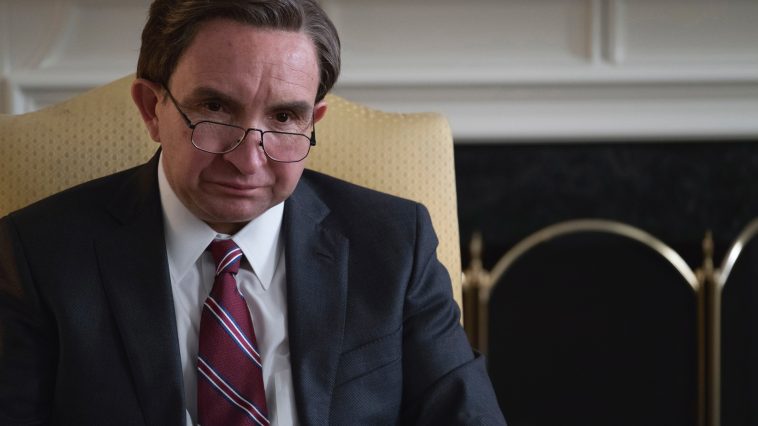




Leave a Comment